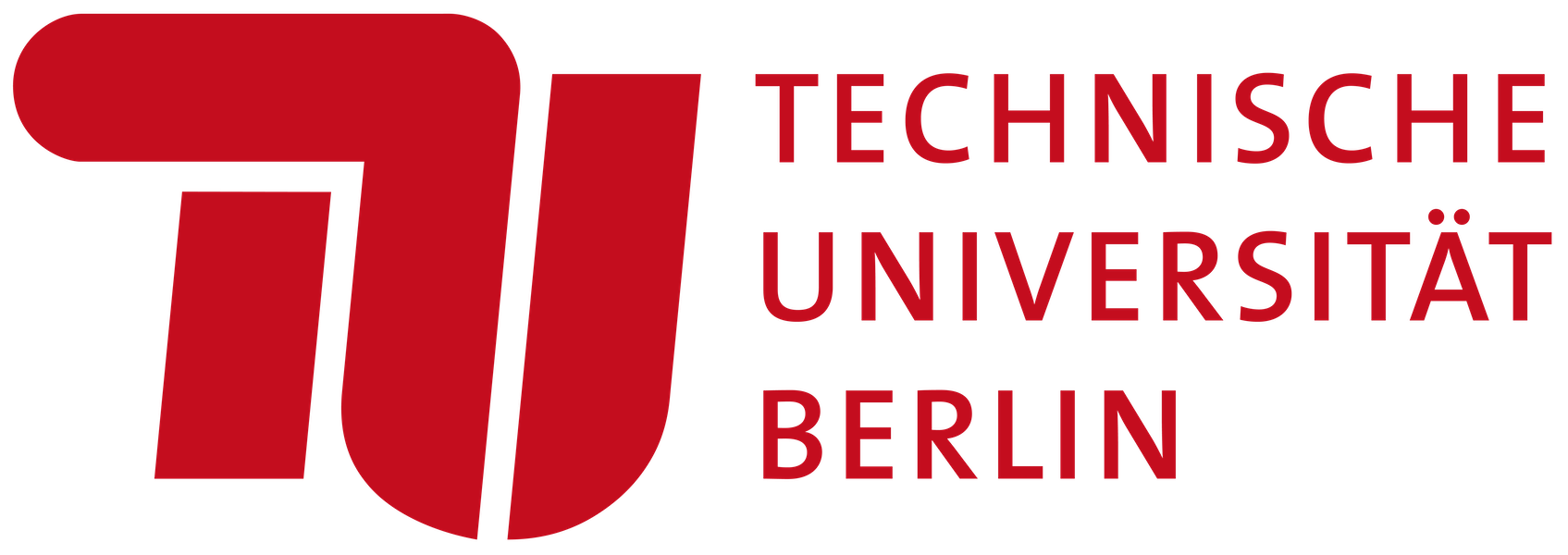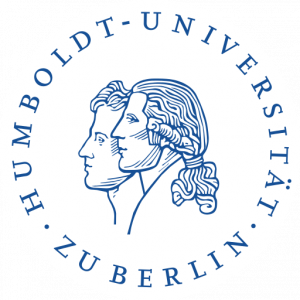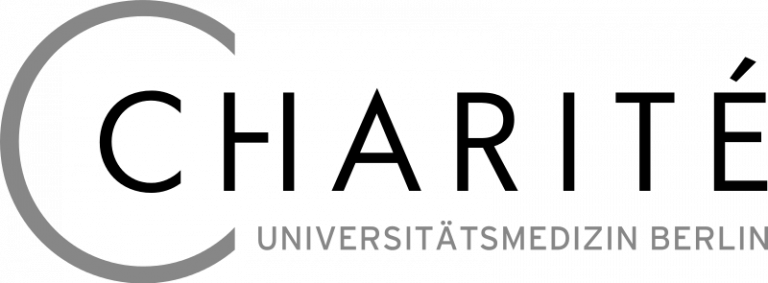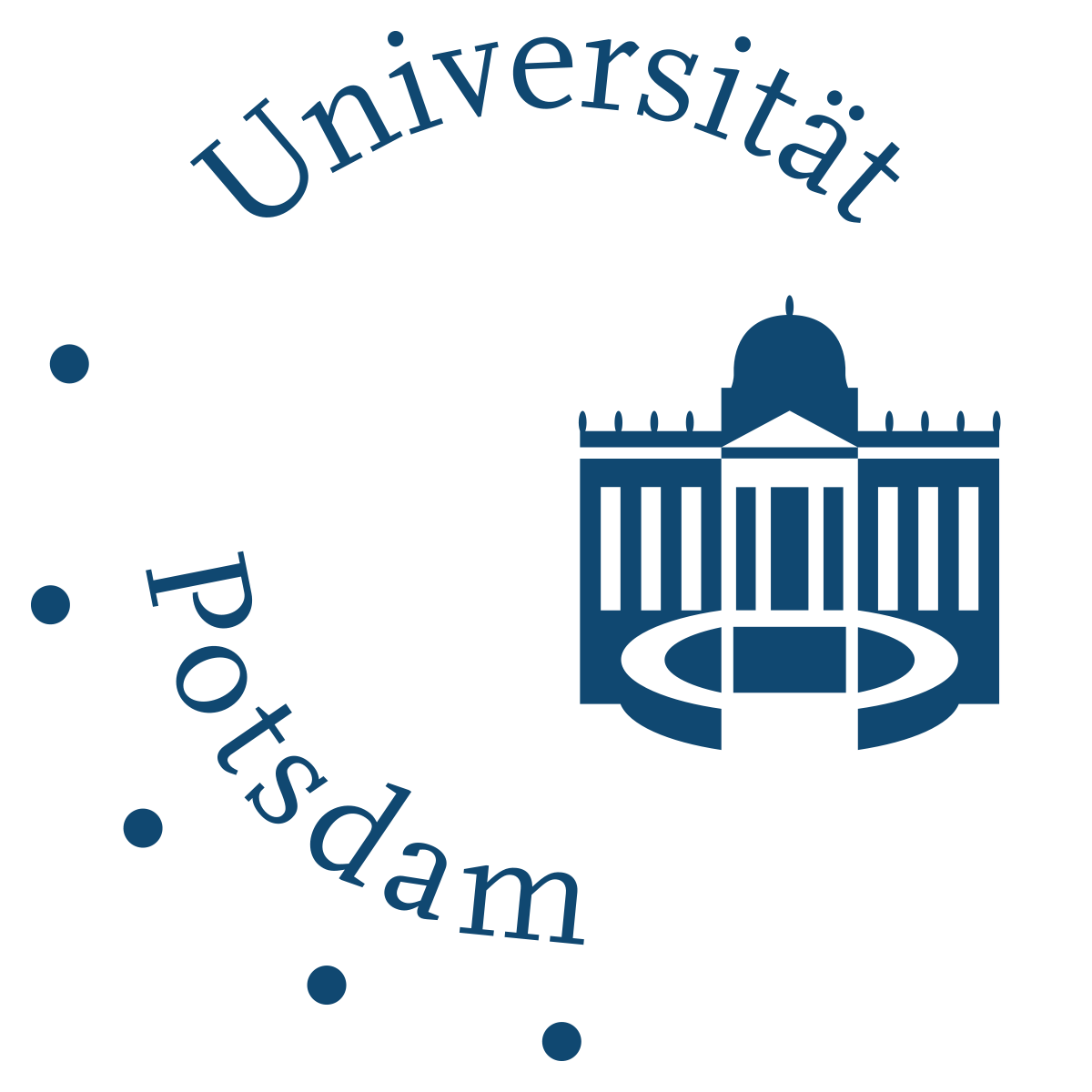Participating Institutions
SCIoI is a joint project of the Technische Universität Berlin and the Humboldt-Universität zu Berlin, but also includes research groups located at our partner institutions, the Universität Potsdam, Freie Universität Berlin, the Charité – Universitätsmedizin Berlin and the Max Planck Institute for Human Development.










